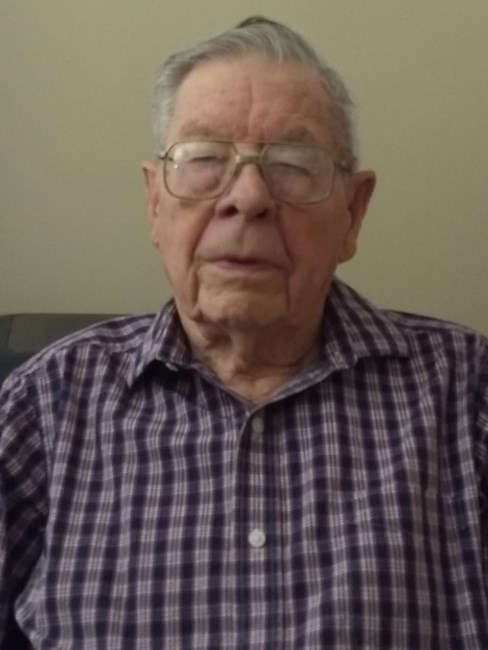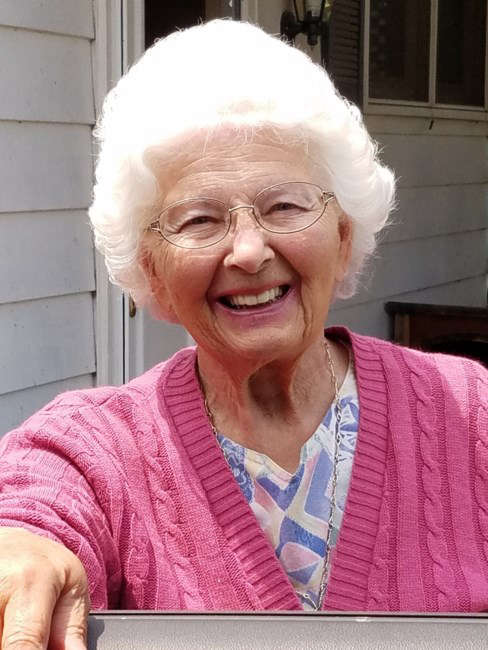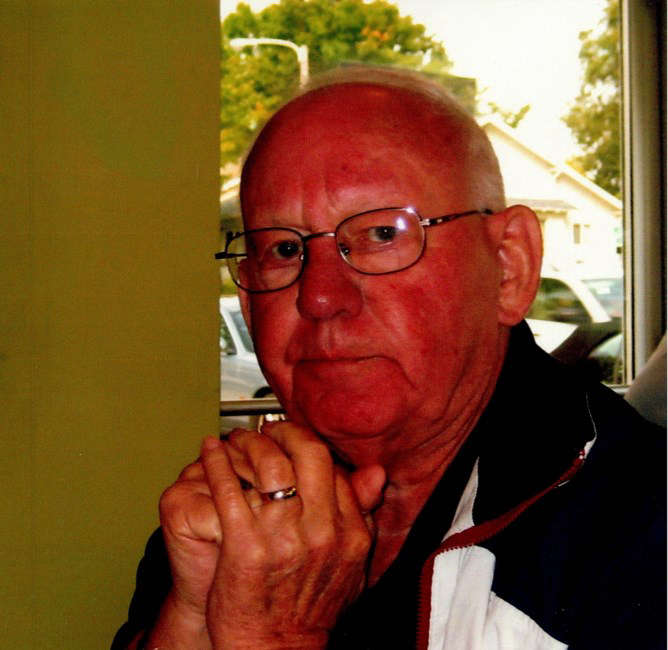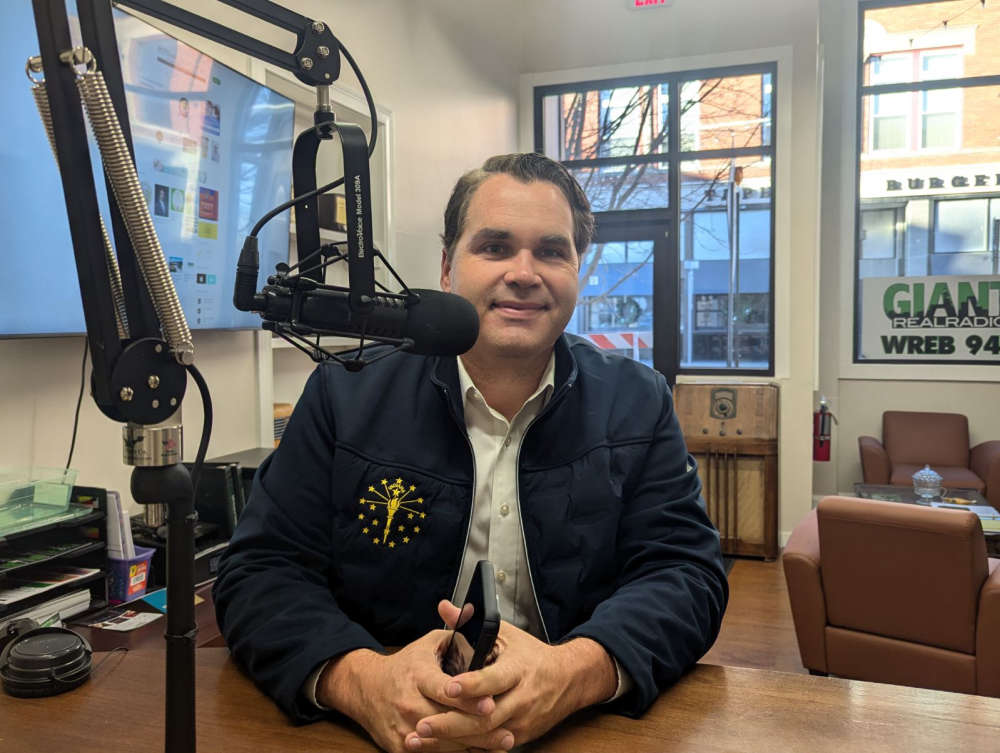
A few weeks removed from another Indiana General Assembly session, Rep. Beau Baird, R-Greencastle, is enjoying a bit of downtime and reflecting on what he calls is the "most active" session he has had in his seven years in the Indiana Statehouse.
"I had the most active session I've had in the seven years I've been there. I had seven bills I was working on through the entire General Assembly session and they were across a wide variety of things," Baird told The Putnam County Post.
One bill that garnered overwhelming bipartisan support was a food transparency bill, which was also referred to as the "fake meat bill," according to Baird.
Under the measure, which has been signed by Gov. Mike Braun and will become law on July 1, Indiana will see a two year moratorium on the sale of cultivated meat products in the state. The bill defines cultivated meat products as animal protein grown in facilities after animal stem cells are removed and mixed with a plant solution to replicate meat.
Baird said he came into the session thinking his bill would be a partisan issue and was pleased to see it was not.
"The Senate changed it quite a bit and wanted to ban it. I'm not necessarily against a ban. Cultivated meat is cellular based, so they extract cells from a living animal and they grow it and manipulate it in a bioreactor. When you are growing this in a bioreactor, these cells are creating waste and growing within their own waste. The product that is produced comes out with what I would consider the consistency of a slushie you'd get at the gas station. Then they have to mix plant medium into that to give it structure so it resembles meat that we are used to consuming. To me, I don't think science is there to tell us it is safe. I am really worried about the ways those cells are manipulated and they are manipulated so they don't stop growing. What happens when that gets into our bodies and attaches to a cancer cell and won't stop growing? I am really concerned about that," Baird said.
The veteran lawmaker said the two year break will allow Indiana officials a better understanding of just what the product is. And, he admits that along the way, he heard from those against the measure, stating he was hurting the free market.
"I am a free market guy and don't want to interfere with it, but the market is not here yet, so it is a good time to press pause and make sure we know what we are consuming and that it is a healthy product," Baird said.
Equine dentistry and rural healthcare also a focus
Baird also got two other measures across the finish line that impact equine dentistry as well as rural healthcare across Indiana.
His House Bill 1490 deals with equine dentistry and impacts 2,000 horses in Indiana.
While that may not seem like a lot, Baird admitted those horses have a profound impact on the state's economy.
"Those 2,000 horses have a 2 billion dollar economic impact on the state of Indiana and that is more than the racecar industry combined. Those 2,000 race horses are a huge economic driver for the state of Indiana and this bill makes sure they have adequate access to equine dentistry. A horse's health starts in their mouth. If they can't eat right, a lot of things go downhill fast," Baird said.
Rural healthcare
He also got a measure approved that will bring more foreign trained physicians to rural portions of the state.
Baird said that this will not open the doors for every single foreign trained physician to come to the Hoosier State, but it will help fill a vital need.
"I don't mean if you are in the backwoods of a foreign country and went to an online school you should come and practice medicine here. These physicians are from institutions that have been approved by certain agencies that review those types of accreditation. If you meet those needs, there is an easier path for trained physicians to come to Indiana but they have to serve for five or six years in a rural community. There is an extreme shortage of physicians in our local hospitals and this is aimed to help them have access to highly qualified, highly skilled professionals. I in no way want an untrained physician coming into our community, but our friends and neighbors are either going without healthcare or they are driving too far and waiting too long and it becomes a more serious condition. I was really happy to get that one across the finish line," Baird said.
Baird said rural healthcare will continue to be a focus of his as he prepares for another session next year.
"We have to make sure we have elected officials in the Statehouse that really care in making sure rural communities have a voice. Healthcare is something that is near and dear to my heart. We had a home healthcare business my parents started 40 years ago and we serviced, predominantly, rural Indiana. We had 16 counties here in West Central Indiana. It didn't start out as a business. My mom was an ER nurse in Crawfordsville and mom was discharging her friends and neighbors back to Parke County and they had no access to follow up care. What mom did was she told people there was a nurse down the street and asked them to check on these people. As mom did that more and more, she realized there was a business there, not so much a business to make money, but a business to make sure our community had the healthcare needs it needed. All it was doing was connecting healthcare providers and patients. I have grown up in a household where we have been focused on rural communities and healthcare. As long as we have elected officials in the Statehouse that keep that in mind, that is the first step," Baird said.


 Man charged with Parke County bridge fires responsible for car bomb threat in Vigo County
Man charged with Parke County bridge fires responsible for car bomb threat in Vigo County
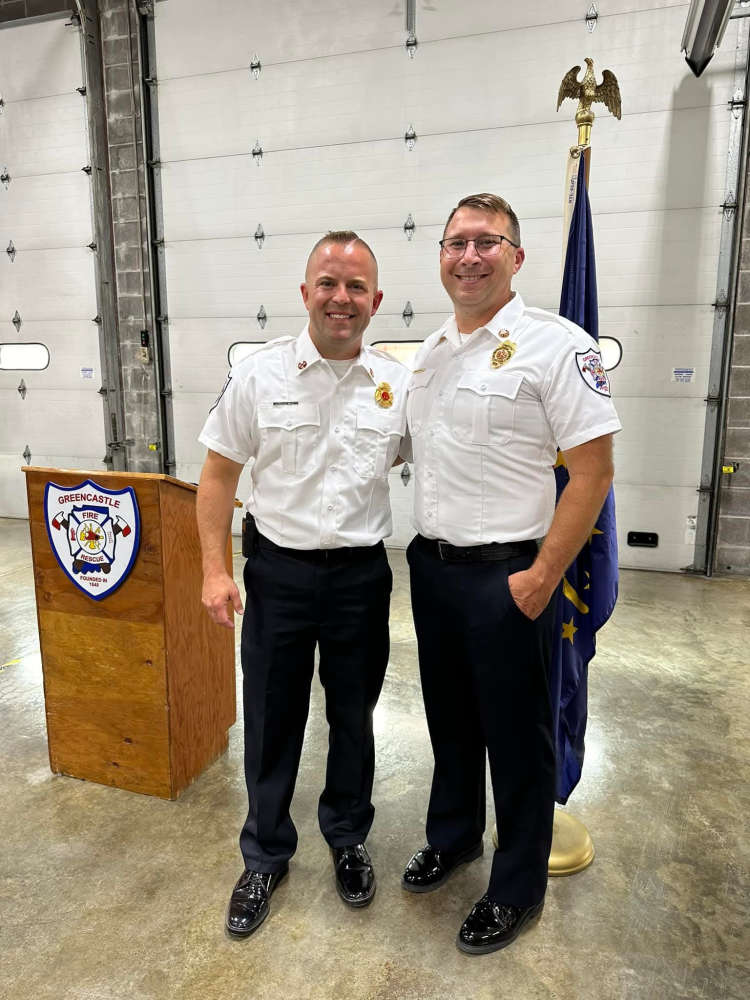 Wiatt named new GFD Assistant Chief
Wiatt named new GFD Assistant Chief
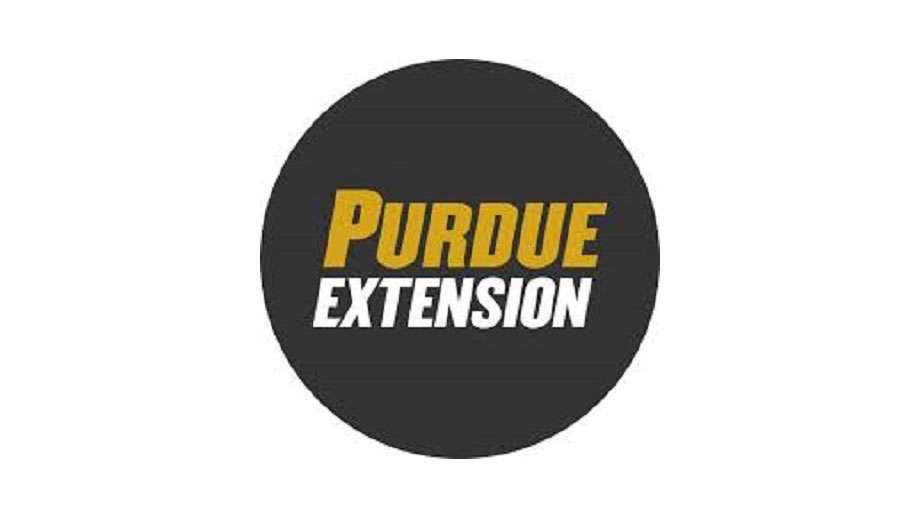 Resolutions for a Farmer
Resolutions for a Farmer
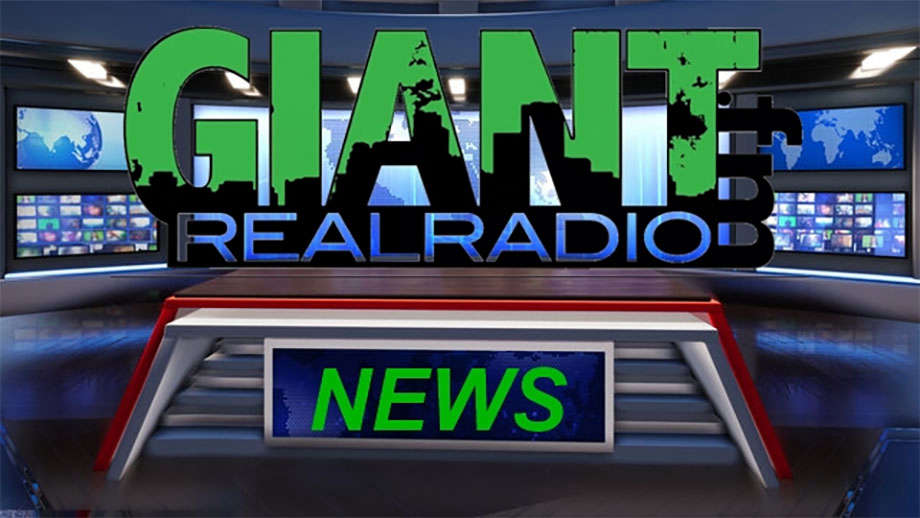 Brazil woman killed in December 20 fiery crash
Brazil woman killed in December 20 fiery crash
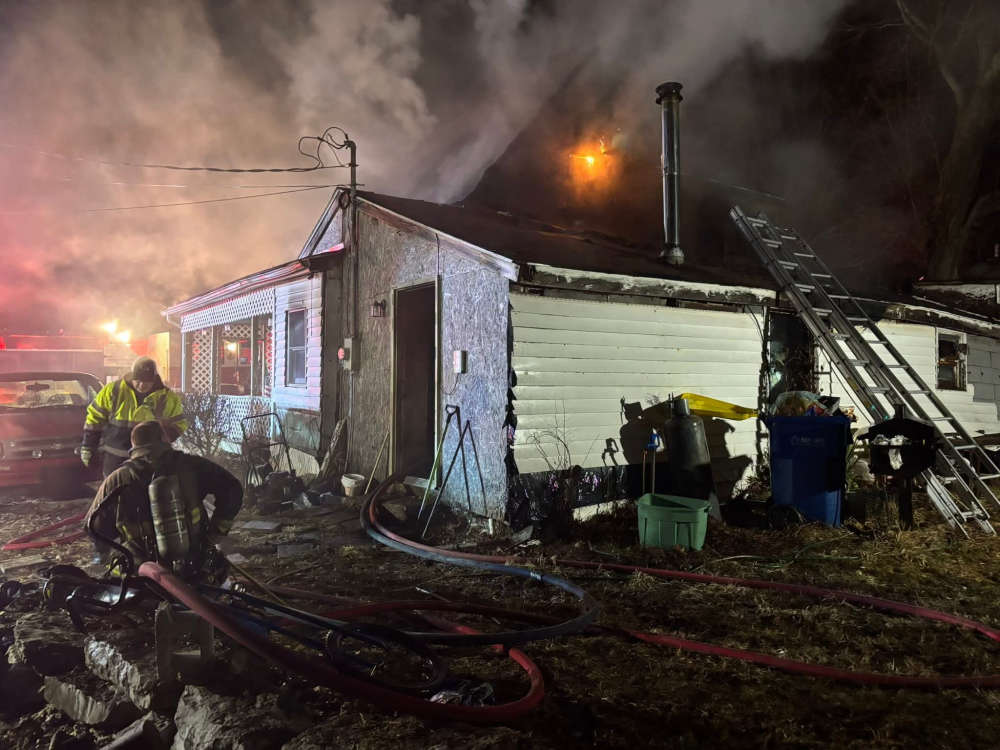 Firemen called to Greencastle's Martinsville Street early on Christmas Eve
Firemen called to Greencastle's Martinsville Street early on Christmas Eve
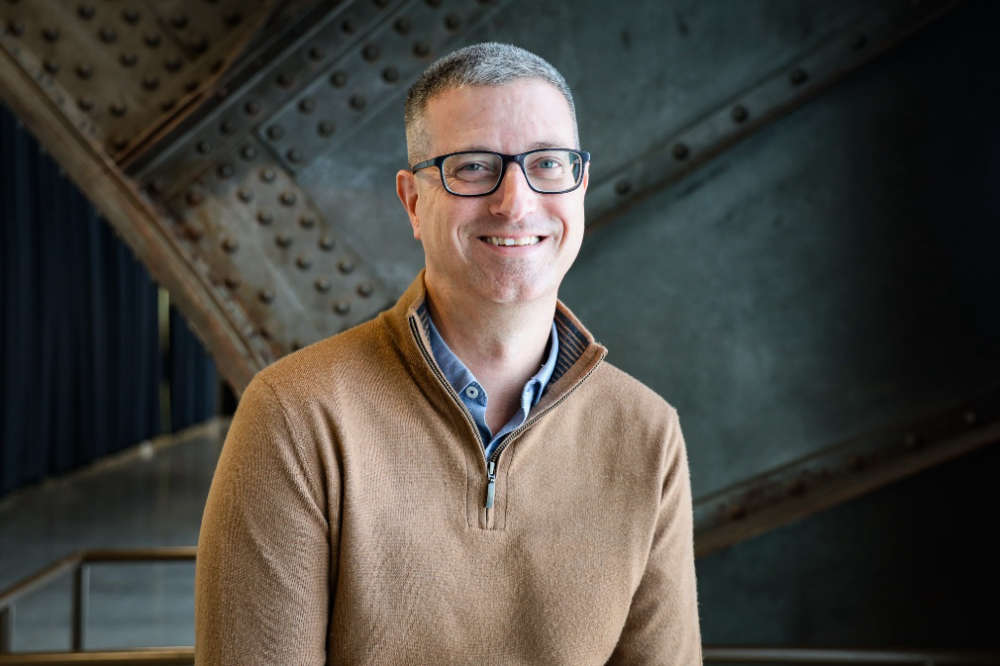 Ray Allison named next executive director of the Indiana State Fair Commission
Ray Allison named next executive director of the Indiana State Fair Commission


